All the Paleo hype has not been good PR for whole grains. You may even be wondering if “healthy grains” exist. Yes, is the short answer.
In fact, if you are following a Paleo style diet in an effort to protect against heart disease, reduce inflammation, ditch diabetes, lose weight or gain health, you might want to reconsider the grains you have pushed off your dinner plate. Or at the very least, you will want to read the latest 2015 study on whole grains, which sheds a particularly bright light on cereal fiber.
Of course healthy grains in their unrefined “whole” form pack in more than just fiber. From a nutritional standpoint, whole grains such as buckwheat, oats, quinoa, amaranth, millet, brown rice, black rice, and so on, are among the healthiest foods on earth. These unrefined plant foods come packaged with a broad spectrum of anti-aging and anti-inflammatory phytonutrients and antioxidants. Whole grains also provide B vitamins, vitamin C, iron, magnesium, vitamin E and an array of amino acids.
Healthy Grains Do a Body Good
All the nutrition found in healthy grains must do a body good as plenty of studies show a direct correlation between good health and whole grain consumption. For example, high-quality cohort studies have linked diets rich in whole grains to a reduced risk of heart disease and diabetes. The Harvard Nurses’ Health Study found that women who ate more healthy grains in their whole and unrefined form weighed less than women who consumed fewer.
Consumption of healthy grains in their unrefined form is also associated with life extension. The recent 2015 study published in BMC Medicine involving more than 367,000 U.S. adults ages 50 to 71 showed those who consumed the most whole grains were 17 percent less likely to die over a 14-year period compared to those who ate the least amount of whole grains (1). It was especially interesting to note individuals who ate a diet high in whole grains were about HALF as likely to die from diabetes as those who ate the least amount of whole grains. This particular finding was rather fascinating considering so many diabetics believe they should avoid carbs and yet even healthy grains are considered to be “high carb”. (Note: for the record, Clean Cuisine is not a low-carb nutrition program.)
Also noteworthy is researchers from the 2015 study have suggested the cereal fiber in unrefined healthy grains may play a larger role in overall health promotion that we might have realized. Although pure speculation on my part, since we do know dietary fiber has been shown to reduce C-reactive protein levels in the blood (2), maybe it is the anti-inflammatory benefits of fiber-rich healthy grains playing a larger role in disease prevention and life extension than the study showed. While we don’t know for sure, we do know there is definitely something to all that cereal fiber found in healthy grains…
Could Cereal Fiber in Healthy Grains Offer More Benefits than Fiber Found in Fruits and Vegetables?
An earlier study published in the Archives of Internal Medicine found cereal fiber (not just any fiber) to be more or less a superfood. Among the nearly 400,000 participants in this study, those who ate the most fiber (29 grams per day for men and 26 grams per day for women) over a nine-year period were 22% less likely to die from any cause compared to the people who ate the least fiber (13 grams per day for men and 11 grams per day for women). But the big winners were the ones who got the most fiber in the form of cereal fiber from healthy grains, NOT fruits and vegetables. (3) I’ll be honest, reading this study surprised even me. My interpretation of this finding is not that fruits and vegetables are not good, but rather that healthy grains DO have a place on our dinner plates.
I was particularly intrigued by the letter that accompanied that study. Written by researchers Lawrence de Koning, Ph.D. and Frank Hu, M.D., Ph.D., both from the Harvard School of Public Health, the letter suggested it may in fact not just be the cereal fiber all by itself that delivers health benefits. Instead, the researchers suggest it could be the natural WHOLE packaging of nutrients that come along with fiber found in unrefined healthy grains—vitamins, minerals, and other phytonutrients and antioxidants. Healthy grains with the untampered nutrient and fiber combination found the way Mother Nature provided may just be what delivers the real health benefits.
In other words, you can’t simply isolate the cereal fiber from the whole grain and expect to optimize your health. That means supplementing with popular Paleo Fiber supplements will not in fact give you the same health benefits of eating the real deal in the form of unrefined healthy grains. And it certainly won’t taste as good! Sorry Metamucil.
What is the takeaway from all of this? If you are already following the Clean Cuisine program outlined in our book, then don’t change a thing. However, if you are eating clean but leaning more towards a Paleo style diet then my suggestion would be to rethink your dinner plate. After all, wouldn’t it be nice to have some brown rice with your Thai Shrimp and Veggie Stir Fry?
Want to Learn More About How to Incorporate Healthy Grains Into a Clean Eating Lifestyle?
Be sure to check out our Clean Cuisine book! Learn more about the Clean Cuisine book HERE or purchase from Amazon HERE.
References:
1. BMC Medicine
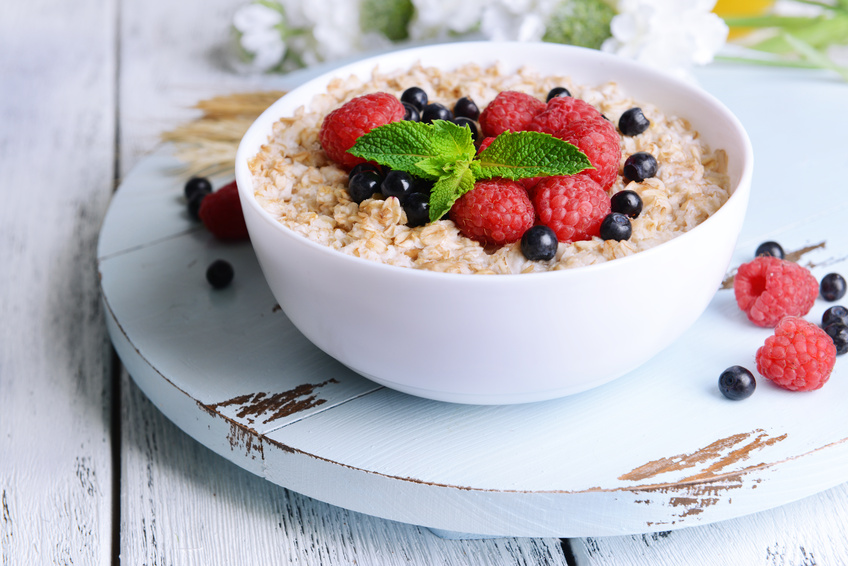
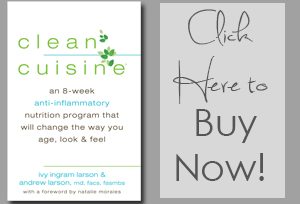
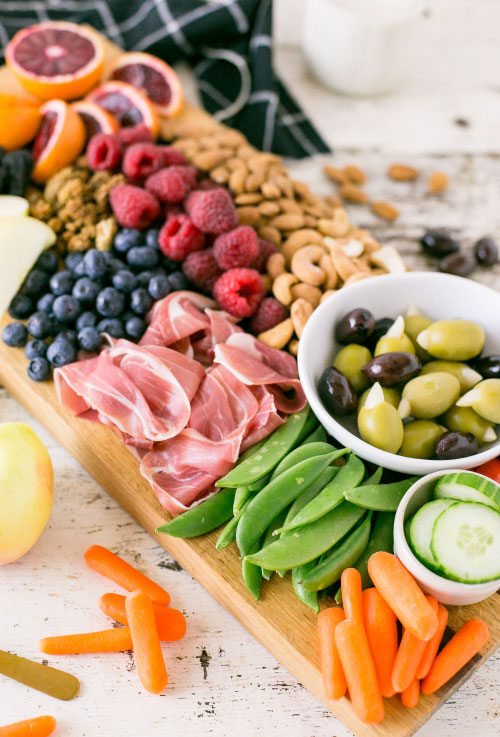
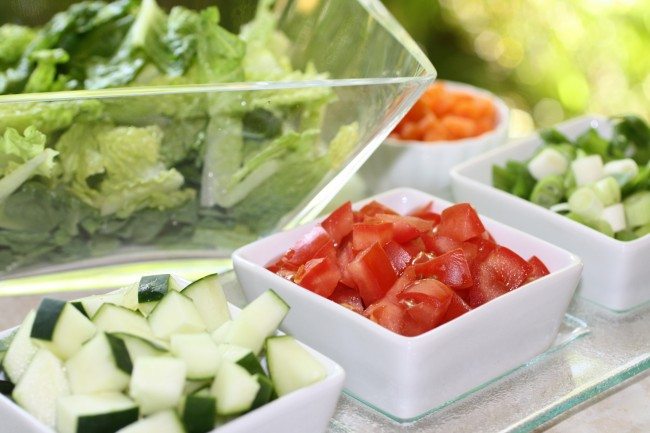
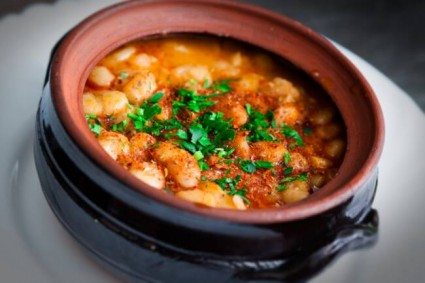
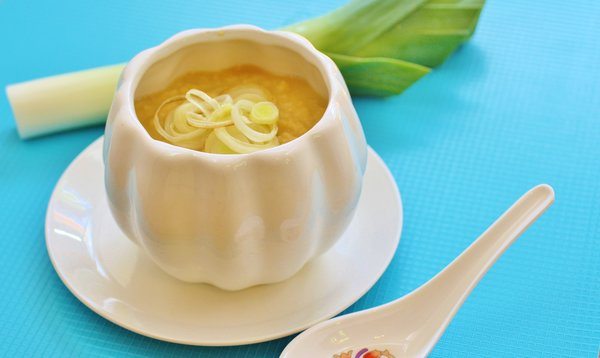
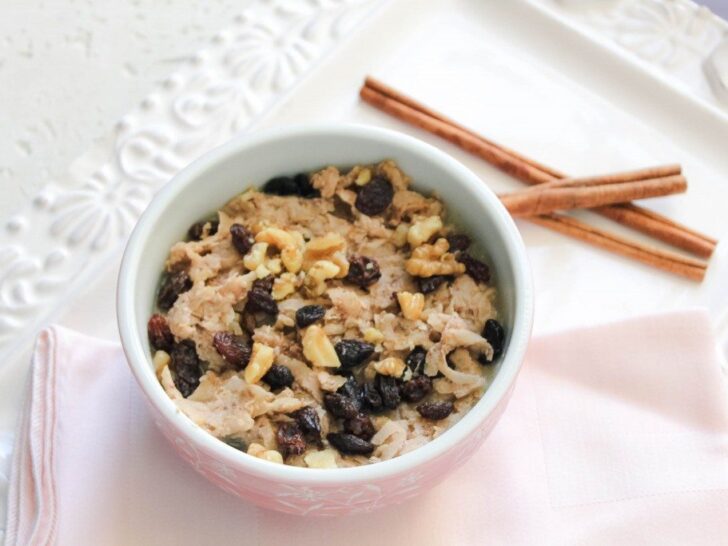
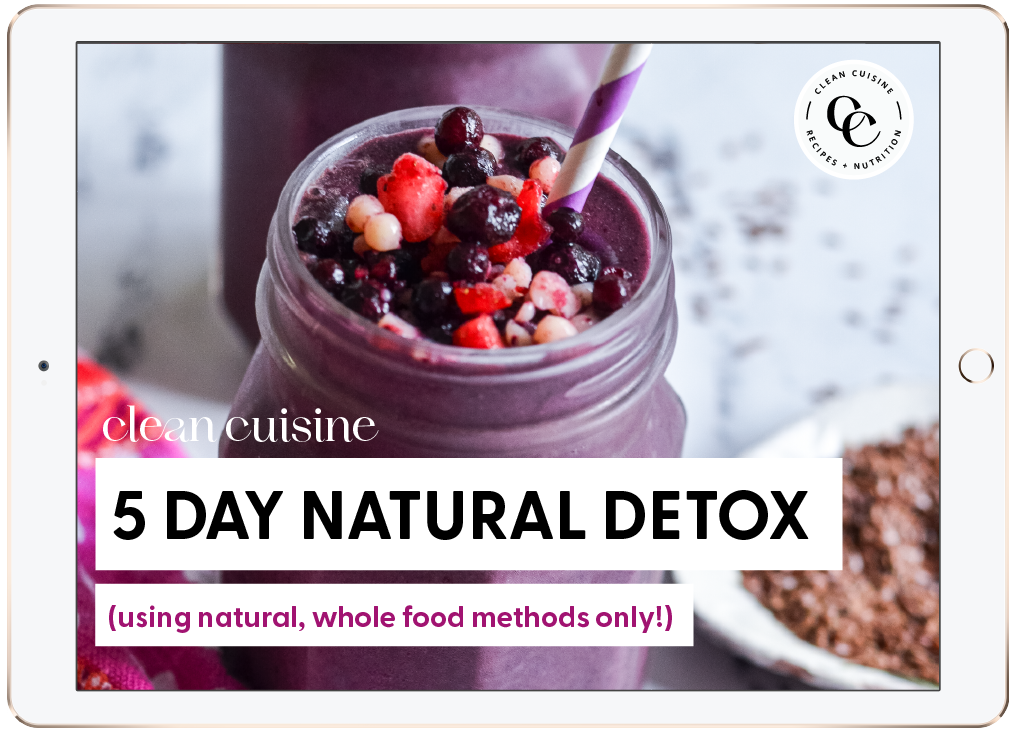

Jo
Friday 10th of April 2015
Hi Ivy I have just been reading the Grain Brain book by Dr David Perlmutter, MD His evidence of what grains do to the brain is very short of amazing. Have you read his book? i was using so many different whole grains in my cooking but now after reading Dr. Perlmutter's book I have taken all grains out of our diet. My husbands intestinal issues have subsided and my cronic knee pain has greatly eased. I really think it has to do with eliminating grains.
Ivy Larson
Friday 10th of April 2015
Hi Jo! Yes, we have read the book and I very much respect and admire Dr. Perlmutter. In fact! He wrote the foreword to our very first book, The Gold Coast Cure (which, by the way, included whole grains.) Dr. Perlmutter has also been my neurologist and my husband and I have recommended him to countless MS patients and we have always highly recommended his previously published Better Brain Book. Dr. Perlmutter's latest book is very good in many ways, BUT I do think he does not make enough of a distinction between WHOLE grains and refined grains....and there is such a HUGE difference between the two. I also think it is problematic that so many diet books these days are eliminating entire food groups and in our opinion, that just is not optimal for health. If you read our Clean Cuisine book you will see it is not a grain-heavy diet, but it definitely does not totally eliminate grains either. And of course we only recommend unrefined, whole grains. We also talk about the importance of sprouting grains for maximizing the nutritional benefits. Hope this helps?